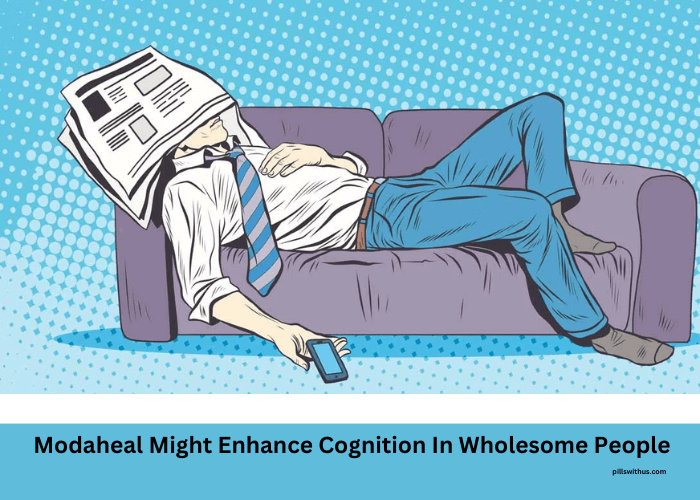If you’re looking to improve your cognitive performance, you might be wondering what the best ways are. There are plenty of methods, from networking and meditation to supplements and social relationships. Here’s a look at a few of them.
Social relationships
Social relationships are a key component of a healthy lifestyle, and a good social connection can protect against anxiety and depression. These relationships can also improve cognitive performance. A solid social network can reduce premature death by up to 50%. The quality of a social relationship can even make you less likely to die from a heart attack.
Several reviews have explored various aspects of social relationships and their role in health and cognition. These include social integration, social support, the benefits of social activity, and the role of social networks. However, the results of the most comprehensive review have not yet been publish.
In an attempt to fill this gap, the current review investigates the association between social relationships and cognitive function. Using cross-sectional and longitudinal data, the authors examine a variety of variables. Some of the main outcomes included working memory, verbal fluency, processing speed, global cognition, and episodic memory.
Overall, the findings were in line with what we know about the relationship between social relationships and cognition. There were some significant limitations, such as the lack of a meta-analysis and the heterogeneity of definitions of social relationships.
Networking
Networking improves cognitive performance in a variety of ways. Several studies have examined the effect of social networks on a wide range of cognitive domains, from language comprehension to visuospatial abilities. The findings are mix. Some studies show positive associations, while others show no relationship.
One study reported a strong correlation between social activity and the initial scores on two global cognition tests. This association was moderately heritable. However, it was not clear what this association actually meant. Similarly, a study found no association between social network size and processing speed. It was also not clear whether or not this association was related to verbal fluency.
Despite the fact that networking has been shown to have a positive impact on cognitive functions, the connection between networking and cognitive performance is still unclear. This review reviews existing literature in the area. A panel of experts cross-checked the data using the same cohort of subjects, avoiding the multiple publication bias that plagues many studies.
Taking supplements
As you age, nutrition plays a huge role in your brain’s health. Choosing a diet filled with plenty of vitamins and minerals is essential.
Research has shown that certain vitamins can help your brain perform at its best. These include folic acid, which is often found in fortified foods such as spinach, and vitamin B6, which is needed to break down homocysteine, a risk factor for cognitive decline. Modalert Review is a medicine that promotes wakefulness and improves cognitive performance.
Taking a multivitamin-mineral supplement on a daily basis can have significant benefits for memory and executive function. However, the exact mechanisms behind this benefit are still unclear. It’s important to consult with your doctor or pharmacist to find out if the supplements you’re considering are safe and effective. Waklert Australia capacity to enhance cognitive performance has been demonstrated. Because of how this medication interacts with many parts of the brain, including attention
A new study has shown that a daily multivitamin and mineral supplement may increase your overall cognitive performance. This study was performe on a group of older adults. The primary endpoint was a change in the global cognition composite. There were also secondary endpoints, including the change in the composite if the group had taken the supplement for three years.
Meditation
Meditation has long been know to have a beneficial effect on the brain and cardiovascular system. It has been used by millions of people to help them cope with stress and improve their lives. Research shows meditation can improve cognitive function, memory, learning, and mental health. There are different types of meditation, each eliciting different physiological responses.
Theravada meditation has been more thoroughly researched and is associated with the ability to induce relaxation. Studies have found it has a positive effect on people who are suffering from chronic pain, depression, high blood pressure, and heart disease.
Meditation also has an effect on memory and attention. People who practice meditation tend to have increase grey matter in their brains, which is associate with emotion regulation, perspective-taking, and learning.





